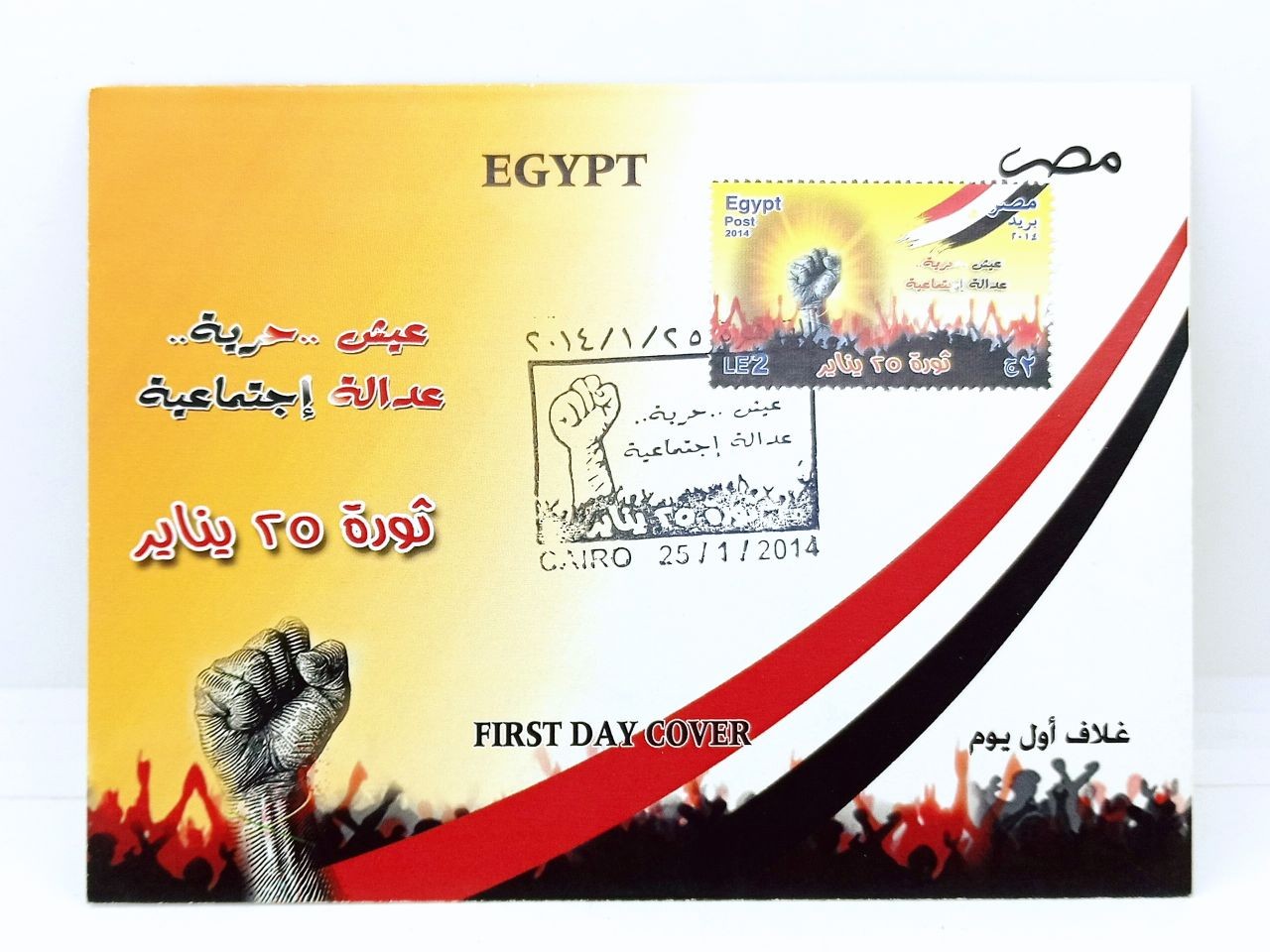The 25 January Revolution is a group of popular movements of a social and political nature. It was launched on Tuesday, 25 January 2011, corresponding to 21 Safar 1432 H. On 25 January, which was chosen to coincide with the Police Day, which was identified by several Egyptian opposition parties and independents, including the April 6 Youth Movement and Kifaya Movement, as well as youth groups via the Facebook and Twitter social networking site, »The Muslim Brotherhood Youth. Despite the initial statements that indicated that the group would not participate as a political force or a political body because participation requires planning and agreement between all political forces before going down to the street, the group had warned if the situation continues as it is a popular revolution, but as they described "It is not of our own making." The call came in protest against the poor living, political and economic conditions, as well as what was considered corruption under the rule of President Mohamed Hosni Mubarak. In 2008, a girl called Esra Abdel Fattah, who was then 30 years old, on her Facebook site, called for a peaceful strike on April 6, 2008 to protest against the deteriorating living conditions. Soon her call was received from some 70,000 people Especially in the city of Mahalla al-Kubra. As a result, the strike succeeded, and Isra was called the Facebook Girl and the Virtual Leader. A year and a half ago, opposition movements began to raise awareness among the people of the provinces to protest against the bad conditions in Egypt. After Khaled Said's incident, activist Wa'el Ghoneim and political activist Abdul Rahman Mansour created the page of all of us Khalid Saeed on Facebook and called on the Egyptians to get rid of the regime and the police mistreatment of the people. This revolution led to the resignation of President Mohamed Hosni Mubarak on February 11, 2011 (8 Rabeeul Awal 1432 AH) On Friday evening, February 11, 2011 Vice President Omar Suleiman announced in a brief statement that the President abdicated and that he commissioned the Supreme Council of the Armed Forces under his leadership Mohammed Hussein Tantawi, in charge of the affairs of the country. Most of the political forces that took part in the demonstrations before Mubarak stepped down announced that the revolution would continue until the social goals for which it was established were achieved.
Welcome to Try Collect






